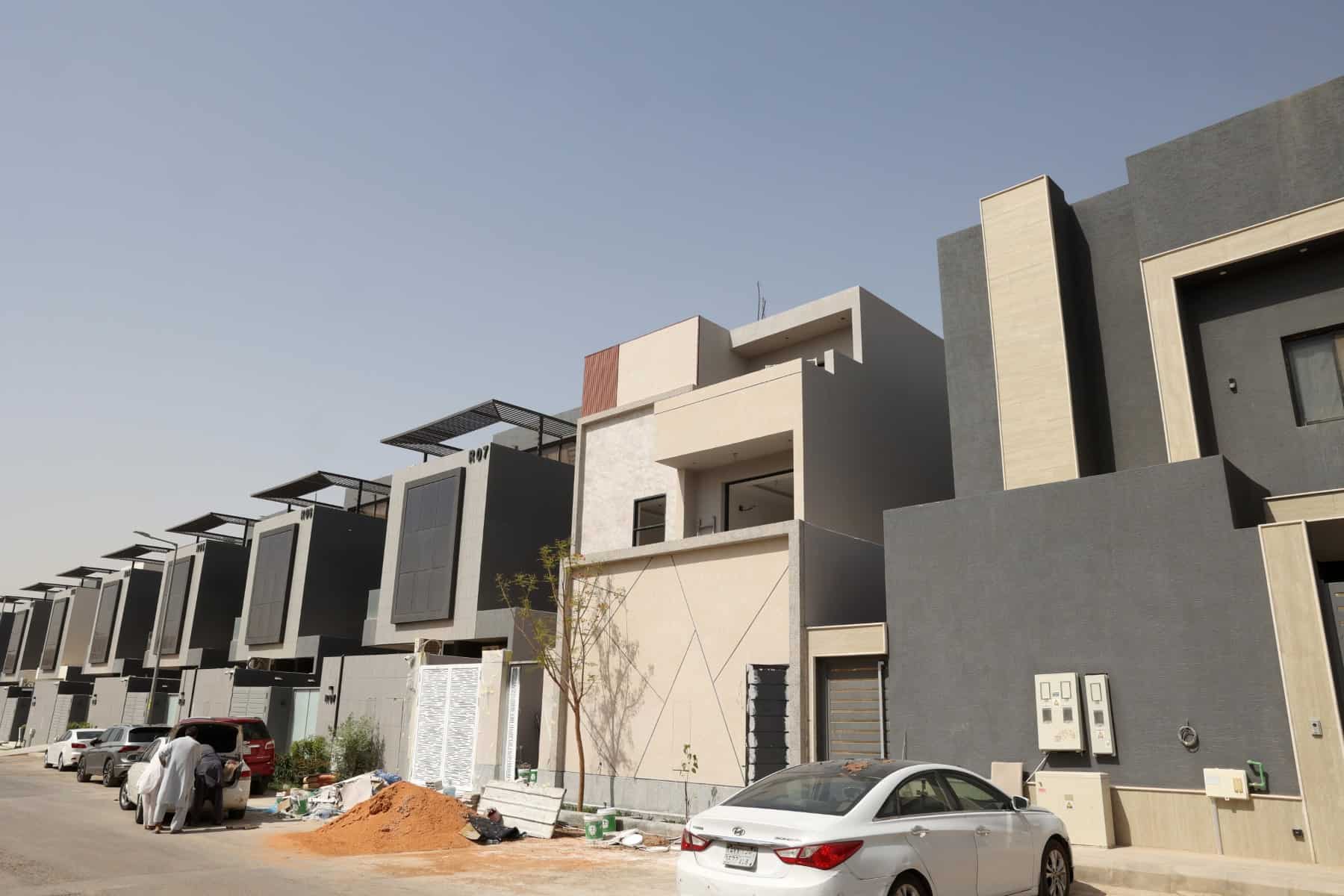Dubai, UAE — The global construction industry is projected to reach a staggering $12.9 trillion by 2028, with a robust Compound Annual Growth Rate (CAGR) of 4.4 percent from 2023 to 2028, a report said.
The industry set to experience a significant upsurge, presenting lucrative opportunities across residential, non-residential, and infrastructure building sectors, according to ruction Industry: Trends, Forecast and Competitive Analysis 2023-2028″ by ResearchAndMarkets.com.
This promising trajectory is attributed to escalating housing starts, a surge in infrastructure projects fueled by rapid urbanization, and the expanding global population.
The report said that several emerging trends are poised to reshape the dynamics of the construction industry, including:
Green Construction for Sustainability: The demand for green construction solutions is on the rise, driven by the imperative to reduce carbon footprint and promote sustainable building practices.
Enhancing Structural Longevity: The introduction of bridge lock-up device systems is set to prolong the lifespan of structures, ensuring their durability and resilience.
Efficient Building Management: Building information systems are revolutionizing the way buildings are managed, optimizing operational efficiency and enhancing maintenance practices.
Advanced Rehabilitation Techniques: The use of fiber-reinforced polymer composites is gaining momentum as a reliable solution for the rehabilitation of aging structures.
The study says residential construction will continue to dominate, driven by rising per capita income and disposable income.
The Asia Pacific region is poised to retain its leadership position, attributed to increasing urbanization and robust infrastructural development.

